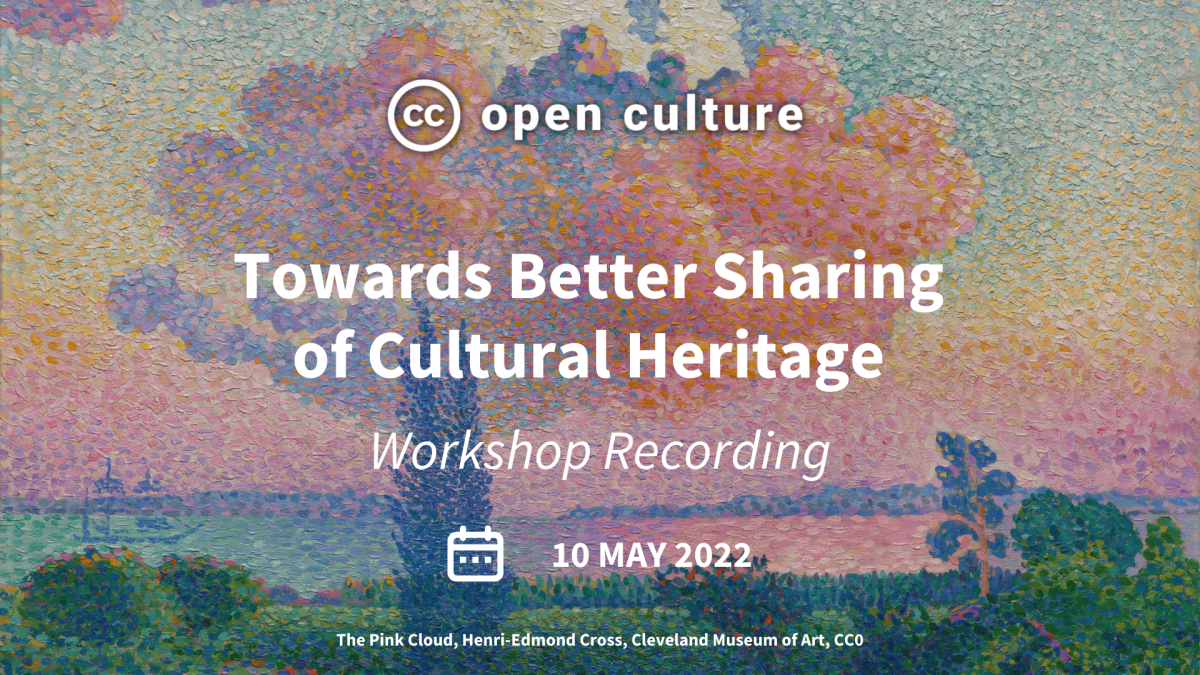这是欧盟提出的关于数字单一市场版权的指令的最后一笔。The dramatic negative effects of upload filters would be disastrous to the vision Creative Commons cares about as an organisation and global community. The continued inclusion of Article 13 makes the directive impossible to support as-is.
Last month theParliament, Council, and Commissioncompletedtheir trilogue negotiations and reached afinal compromise on the copyright directive text. Soon thereafter the EU Member State Ambassadors and the Parliament’s legal affairs committee gave a green light, now leading to a final vote in the plenary session of the Parliamentscheduledfor March 26.
Next weekall 751 MEPs will get a chance vote on whether to adopt the copyright directive, or send it back to the drawing board.
Upload filters will turn the web upside down
从版权的角度来看,第13条完全改变了网络的运作方式。它将要求几乎所有允许用户生成内容上传的营利性网站平台要么获得所有用户上传的许可,要么安装版权过滤器并审查内容。如果这些平台不遵守,它们可能要承担大量的版权侵权损害赔偿责任。合乎逻辑的结果是,这将损害现有的平台,并阻止新的和创新服务在欧洲的创造和繁荣,因为这些新玩家没有钱,拉或专业知识来达成许可协议或构建(或支付)必要的过滤技术。相反,老牌公司只会变得更加根深蒂固,占据主导地位,因为YouTube等服务在这两方面都占据了先机。我们不能支持一个版权生态系统,它只会巩固现有玩家广泛的市场力量,同时为激发创造力和分享的新平台和服务创造不必要的障碍。
This reversal of the liability regime that all but ensures upload filters will need to be implemented has another disconcerting consequence:user rights are thrown out the window因为过滤技术不可能知道什么时候一个作品是侵权的,什么时候一个作品是在版权的例外情况下合法使用的。这样的制度几乎肯定会限制言论自由,因为平台将通过简单地屏蔽内容来降低任何风险,而不管这些内容的使用是否符合版权规定,比如批评、引用和恶搞。
The road to here
Over the last several years, Creative Commons has been working to support copyright changes in Europe that champion the commons and the public interest. We’ve done this as part of theCommunia Association, civil society organisations, research groups, user rights activists, and open web advocates. CC submittedcommentsto the initial consultation from the Commission, made ajoint analysis and suggestions for improvementwith our network in Europe, advocated toprotect scientific research, and offeredvoting recommendationson many provisions within the sweeping copyright directive.
Communia and other NGOs on the ground in Europe have supported positive changes to key aspects of the reform that would benefit research, education, and the public good, particularly working to improve the exceptions fortext and data miningandeducation, as well changes to support thepublic domainand improve the ability ofcultural heritage institutionsto make content available online. The tireless efforts of organisations and individuals who stepped up to defend the commons and improve various parts of the directive that supports robust user rights should be celebrated. Their detailed research, writing, and advocacy has done so much to improve many parts not-so-well covered yet incredibly important pieces of the directive.
What you can do now
CC believes that our vision of universal access to research and education and full participation in culture will only be achieved when we all have copyright policies that truly promote creativity and protect users rights in the digital age. With Article 13, it’s no exaggeration to say that it’ll fundamentally change the way people are able to use the internet and share online.Even with some of the minor improvements to other aspects of the copyright reform package, on balance a directive that contains Article 13 will do more harm than good.
If you’re in Europe go tohttps://saveyourinternet.eu/act/to tell your MEPs you don’t support a copyright reform that turns how we create and share on the web upside down.If Article 13 can’t be removed, then policymakers should reject the reform outright and begin again.





